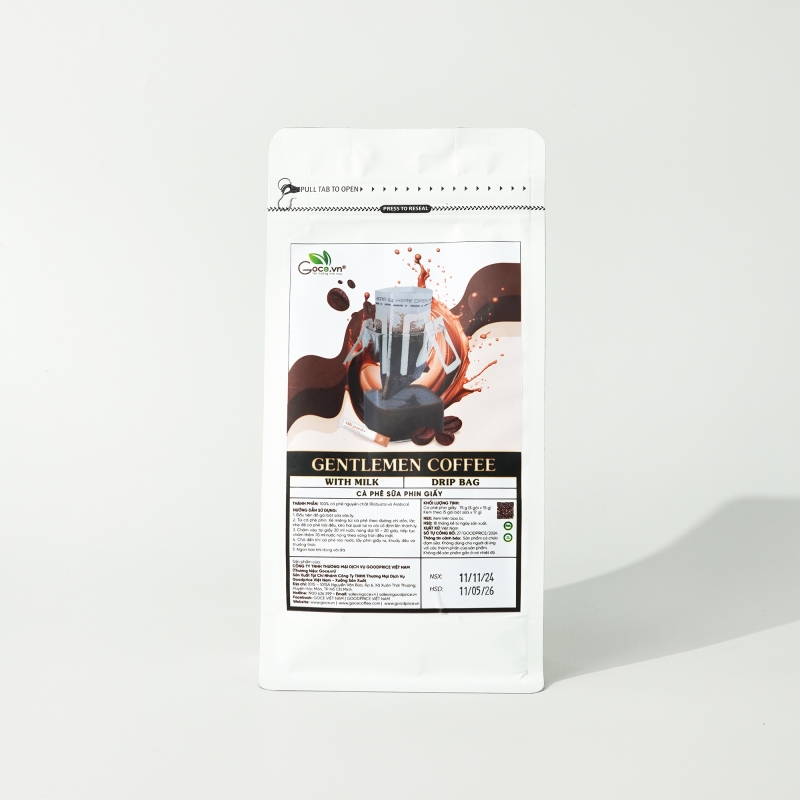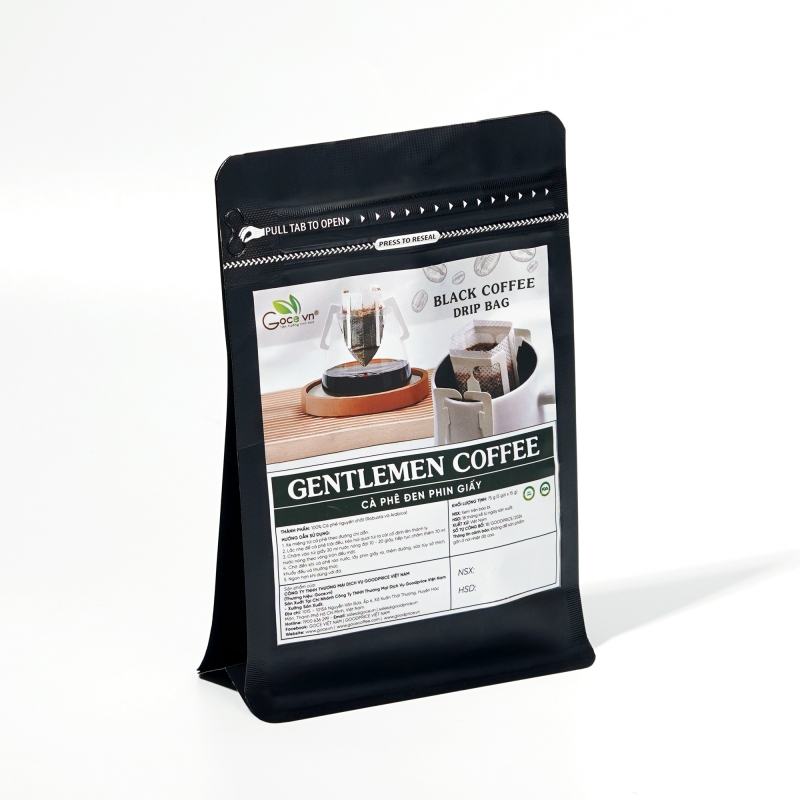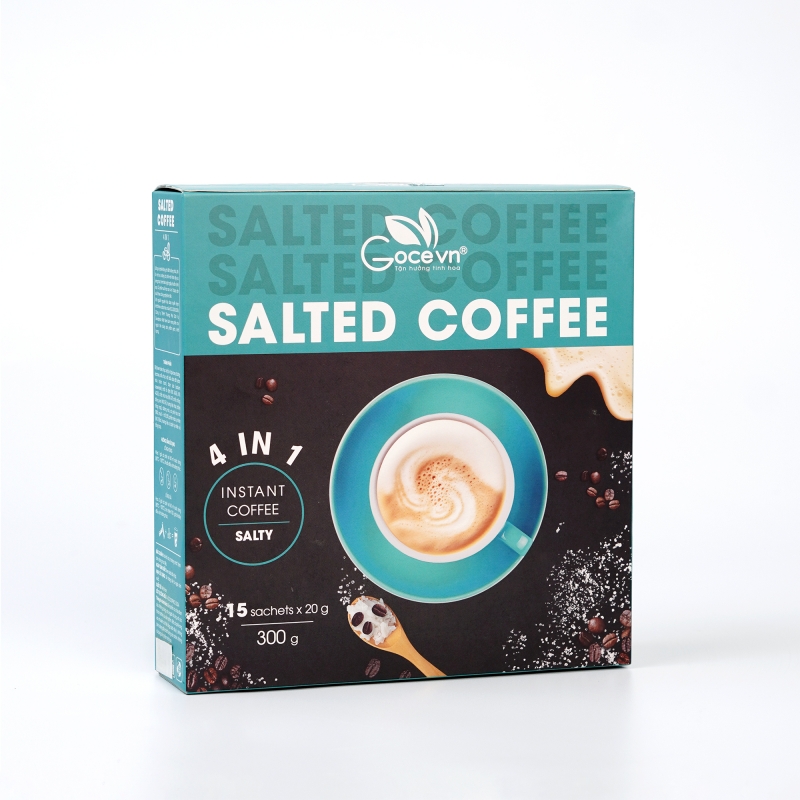
3 Steps to Make Salt Coffee at Home Café-Quality Taste in Minutes

Discover Vietnam’s Coffee Harvest Season: The Golden Time for Bean Quality

What is Latte? Learn About The Type Of Coffee That Is Loved Around The World

How to Drink Coffee for Better Health? A Scientific Perspective

Is Honey in Coffee Really Better Than White Sugar?

Honey in Coffee vs White Sugar: What’s the Difference?
How many people know 9 unique benefits of coffee?

1. Boosts energy levels and reduced subjective levels of fatigue:
Coffee has two important ingredients: adenosine and dopamine, those are helped to create the excitement and the stimulate energy of body.
- Adenosine is a type of nucleotide, it has ability to affect related heart-problems by slowing down electrical impulses and stabilizing heartbeat. In addition, adenosine also helps increase blood flow back to the heart.
- Many people call dopamine the "happiness hormone" because it has many good effects on human mind and body. When the dopamine in the body is released in large quantities, you will feel excited, excited, and full of inspiration. On the contrary, low dopamine levels will reduce motivation, reduce enthusiasm, reduce the ability to concentrate and limit the adjustment of body movements.
Using caffeine can be increasing time to exhaustion during an exercise by 15% and significantly reducing subjective levels of fatigue in bicyclists.
The other study’s report that consuming caffeine before and during a round of golf improved performance, increased subjective energy levels, and reduced feelings of fatigue.
2. May be linked to a lower risk of type 2 diabetes?
Some researches suggested that consuming coffee regularly could be decreasing risks of develop of diabetes type 2 over the long term and protect against Alzheimer’s disease, Parkinson’s disease, and cognitive decline.
In fact, one review of 30 studies found that each cup of coffee people consumed per day was linked to a 6% lower risk of developing type 2 diabetes. It seems to be due to coffee’s ability to preserve the function of the beta cells in your pancreas, which are responsible for producing insulin to regulate blood sugar levels. Plus, it’s rich in antioxidants and may affect insulin sensitivity, inflammation, and metabolism. All of which are involved in the development of type 2 diabetes.
Regular coffee consumption may be linked to a lower risk of developing type 2 diabetes over the long term.
3. Could support brain health?
Although studies have turned up mixed results, some research suggests that coffee may help protect against certain neurodegenerative disorders, including Alzheimer’s disease and Parkinson’s disease.
According to one review of 13 studies, people who regularly consumed caffeine had a significantly lower risk of developing Parkinson’s disease. What’s more, caffeine consumption also slowed the progression of Parkinson’s disease over time.
Another review of 11 observational studies in more than 29,000 people also found that the more coffee people consumed, the lower their risk of Alzheimer’s disease.
Additionally, several studies have demonstrated that moderate coffee consumption could be associated with a lower risk of dementia and cognitive decline.
4. May promote weight management:
According to some research, coffee could alter fat storage and support gut health, both of which may be beneficial for weight management.
For example, one review of 12 studies concluded that coffee consumption could be associated with decreased body fat, especially in men. In another study, increased coffee intake was linked to decreased body fat in women.
Furthermore, studies found that people who drank one to two cups of coffee per day were 17% more likely to meet recommended physical activity levels, compared with those who drank less than one cup per day. Higher levels of physical activity could help promote weight management.
5. Linked to a lower risk of depression
Some studies have found that drinking coffee could be associated with a lower risk of depression.
According to one review of seven studies, each cup of coffee people consumed per day was linked to an 8% lower risk of depression.
Another study found that drinking at least four cups of coffee each day was associated with a significantly lower risk of depression, compared with drinking just one cup per day.
And what’s more, one study in more than 200,000 people showed that drinking coffee was linked to a lower risk of death by suicide.
6. Could protect against liver conditions
Interestingly, several studies suggest that coffee could support liver health and protect against disease.
For instance, one study found that drinking more than two cups of coffee per day was linked to lower rates of liver scarring and liver cancer in people with liver disease.
Other research shows that the more coffee people drank, the lower their risk of death from chronic liver disease. Drinking one cup of coffee per day was tied to a 15% lower risk, while drinking four cups per day was linked to a 71% lower risk.
Another recent study found that coffee consumption was associated with decreased liver stiffness, which is a measure healthcare professionals use to assess fibrosis, the formation of scar tissue in the liver.
7. Supports heart health
Some research shows that drinking coffee may benefit heart health.
In fact, one review found that drinking three to five cups of coffee per day was tied to a 15% reduced risk of heart disease.
Another review of 21 studies showed that drinking three to four cups of coffee daily was associated with a 21% lower risk of stroke (24Trusted Source).
What’s more, one study in more than 21,000 people also found that increased coffee intake was associated with a significantly decreased risk of heart failure (25Trusted Source).
However, keep in mind that caffeine could affect blood pressure levels. Therefore, people with unmanaged blood pressure may need to limit or moderate their caffeine intake (23Trusted Source, 26Trusted Source).
8. Could increase longevity
Some research suggests that coffee could help extend longevity, thanks to its multitude of potential health benefits.
For example, one review of 40 studies concluded that drinking two to four cups of coffee daily was associated with a lower risk of death, regardless of factors like age, weight status, and alcohol consumption (27Trusted Source).
Similarly, another study in 1,567 people found that drinking caffeinated coffee was linked to a lower risk of death after 12 and 18 years of follow-up. Furthermore, drinking at least one cup of coffee per day was also associated with a lower risk of death from cancer (28Trusted Source).
Interestingly, one test-tube study showed that coffee was able to significantly extend the life span of yeast by protecting against free radicals and DNA damage (29Trusted Source).
However, more research is needed to determine whether this could also apply to humans.
9. May enhance athletic performance
Coffee is often used as an ergogenic aid by athletes looking to improve performance and increase energy levels. An ergogenic aid is also called a performance enhancer.
One review of nine studies reported that drinking coffee before exercised improved people’s endurance and decreased their perceived exertion, compared with a control group.
Another study in 126 older adults found that drinking coffee was associated with improved physical performance and faster gait speed, even after the researchers adjusted for factors like age, belly fat, and physical activity levels.
Additionally, a large review reported that moderate caffeine consumption could slightly improve power output and time-trial completion time. However, results varied, so the researchers also noted that caffeine may affect people differently.
The bottom line
Coffee is a popular beverage that researchers have studied extensively for its many health benefits, including its ability to increase energy levels, promote weight management, enhance athletic performance, and protect against chronic disease.
Keep in mind that some people may need to limit their intake, including people who are pregnant or breastfeeding, children and adolescents, and people with certain health conditions.
Still, drinking coffee in moderation — about three to four cups per day — has been associated with several health benefits and is generally considered safe for most adults.
Just one thing
Try this today: One way to maximize the benefits of your daily cup of coffee is to switch up your sweetener. Instead of using the regular sugar or flavored syrups, opt for a naturally derived low calorie sweetener like “stevia”, or add a dash of vegan powder for increasing more flavor.
(Collected, brief translated and exclusive by Goodprice Vietnam Co. Ltd.)
Other News


Drinking Coffee Daily Training the Brain or Creating Dependence?

Why Robusta Is Better Suited to Vietnam’s Climate Than Arabica

Paper Drip Coffee Not Everyone Has 10 - 15 Minutes to Sit and Wait for a Phin

Paper Drip Coffee The Real Issue for Phin Coffee Drinkers Is Not the Coffee

Coffee and Parkinson’s Disease: Effective for Prevention, but Caution Is Needed for Patients

The Secret to Longevity Through Coffee Drinking

Drinking Coffee on an Empty Stomach: A Dangerous Habit You Should Quit Immediately

Black Coffee: A Scientifically Proven Natural Weapon Against Fatty Liver Disease

Vietnamese Coffee Shines on the Southeast Asian Culinary Map

How to Drink Coffee for Better Health? A Scientific Perspective

Is Honey in Coffee Really Better Than White Sugar?

Honey in Coffee vs White Sugar: What’s the Difference?

Should You Drink Coffee Before Going to the Gym?

How to Make the Perfect Plant-Based Butter Coffee

Secrets to Rapid Coffee Tree Recovery & High Yields After Harvest

How to Make Simple and Nutritious Avocado Coffee at Home

How to Make Delicious Vietnamese Egg Coffee at Home

Coffee That’s Good for the Liver: The Secret to Drinking It the Right Way Every Day

How to Store Paper Drip Coffee Properly to Preserve Its Full Flavor

How to Brew Perfect Paper Drip Coffee at Home Simple and Authentic

Paper Drip Coffee: A Convenient Coffee Trend Among Young Consumers

How Is Salt Coffee Different from Milk Coffee? A Flavor Experience Comparison

Why Is Salt Coffee Easier to Drink Than Traditional Coffee?

What Does Salt Coffee Taste Like? A Surprisingly Pleasant Experience

How Do Altitude and Temperature Affect Coffee Quality?

6 Common Coffee Pests and Diseases and Effective Control Methods
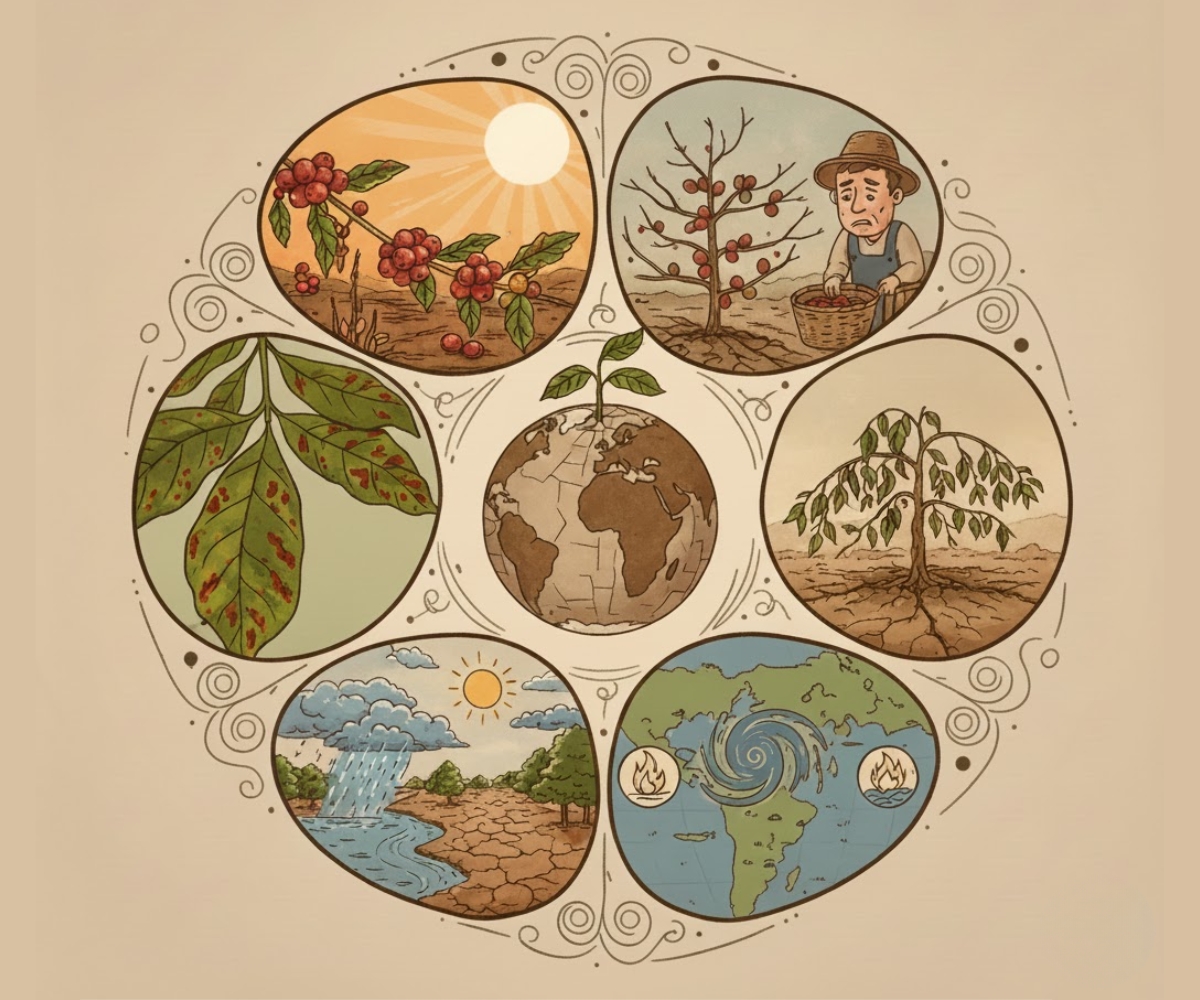
6 Things About Climate Change Threatening the Global Coffee

The Golden Hour for Drinking Coffee to Stay Alert All Day

Why Robusta Coffee Is Becoming a Global Trend in the Era of Climate Change

6 Ways to Grind Coffee Beans Without a Grinde

Why does pure coffee taste sour? How to distinguish sour taste you should know

Homemade Orange Coffee: Simple Recipe, Café-Style Delicious

Drinking Coffee Causes Stomach Pain? Causes and Effective Solutions

Instant Coffee: 7 Unexpected Benefits and Facts You Need to Know

Black Coffee: A Smart Choice for Gen Z in the Age of Healthy Living

3 Steps to Make Salt Coffee at Home Café-Quality Taste in Minutes

How Are Instant Coffee and Drip Bag Coffee Different?
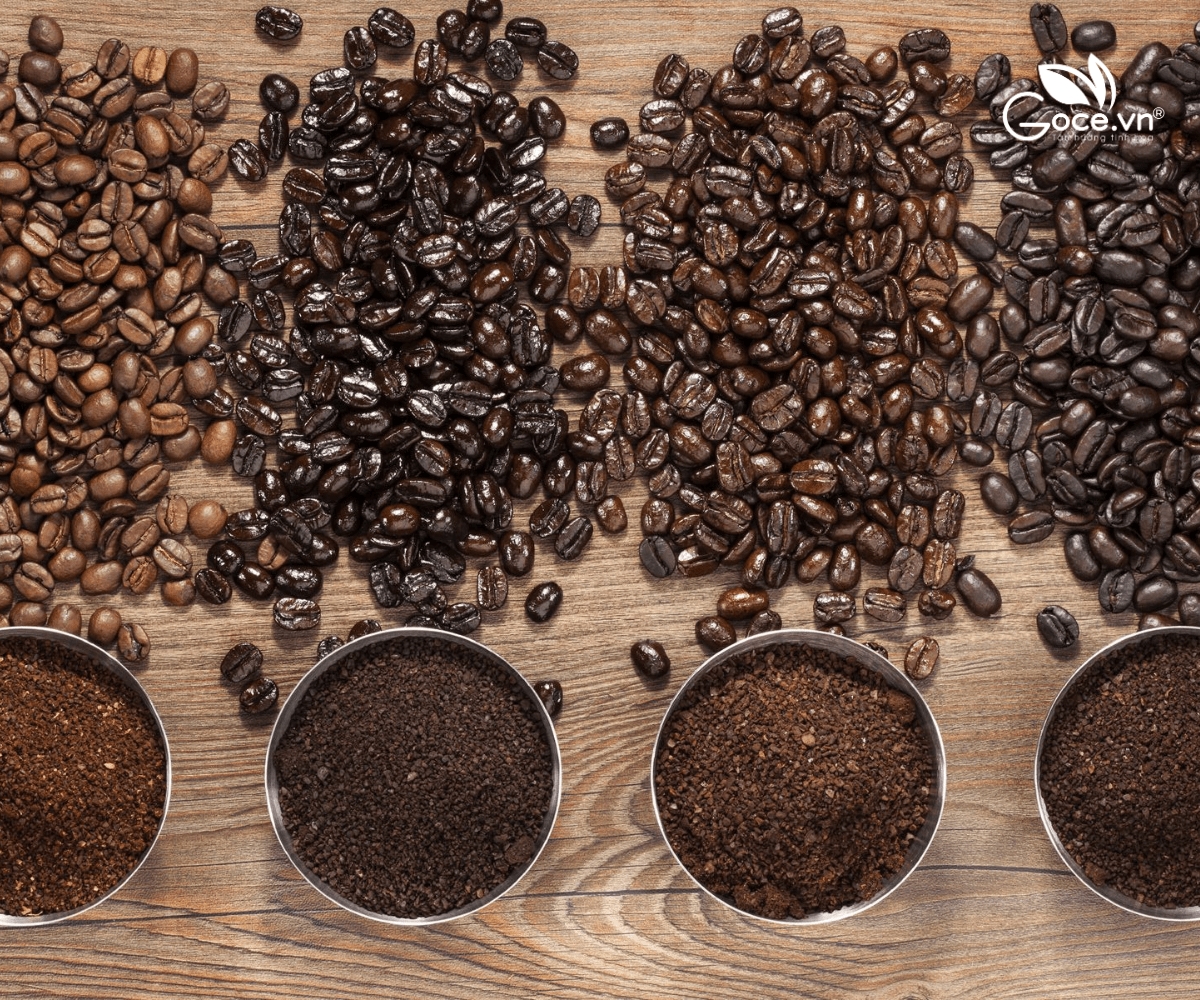
How Ground Coffee Differs from Coffee Beans: A Guide for Lovers of Pure Flavor

Coffee bean lovers are people who love meticulousness in every moment of life

Instant coffee trend in the modern lifestyle of young people

Coffee for Women The Convenient Choice for the Right Taste and Morning Energy
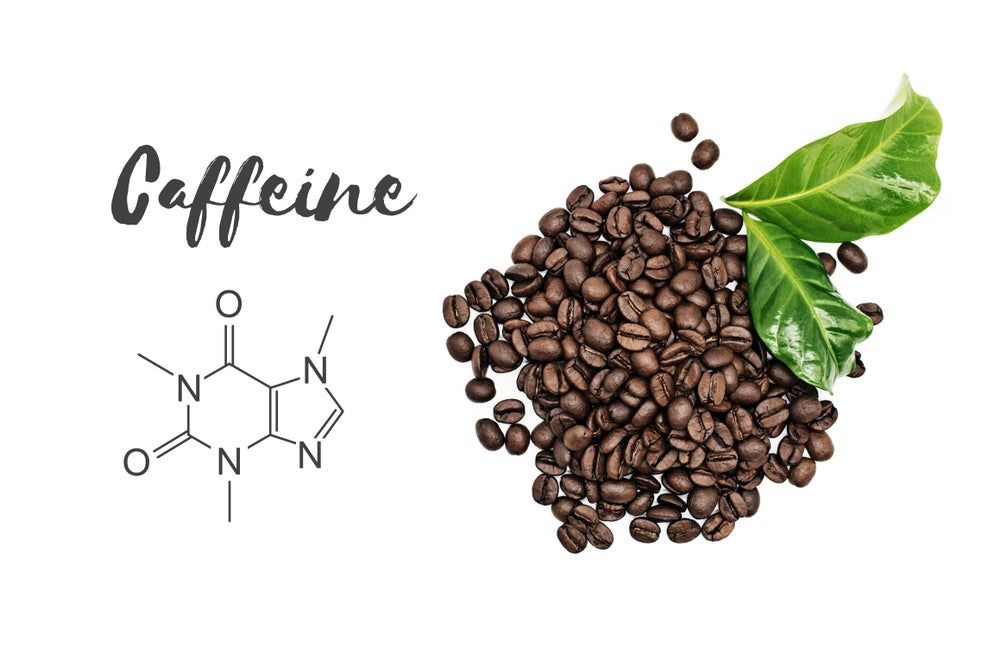
What is caffeine? Effect, dosage and what you should know.

Strong Coffee The Secret to Brewing the Perfect Bold Cup for Men
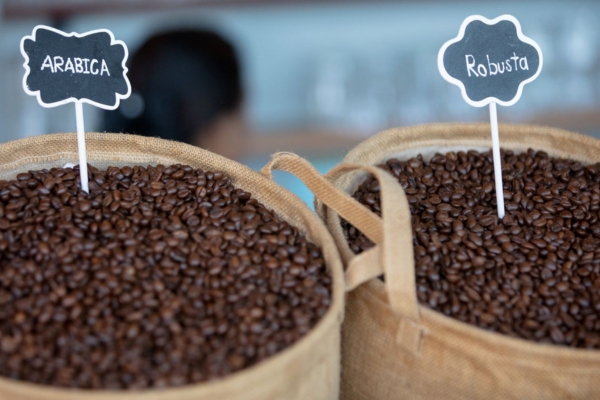
The difference between Arabica and Robusta coffee: the secret of choosing high-quality coffee

GOCE SALTED INSTANT COFFEE 4 IN 1 – THE SECRET TO STAYING ALERT ON EVERY TRIP

The difference between popular coffee beans at present: Arabica,Robusta,Culi,Moka Culi and moka.

How to Preserve Ground Coffee to Keep Its Original Flavor
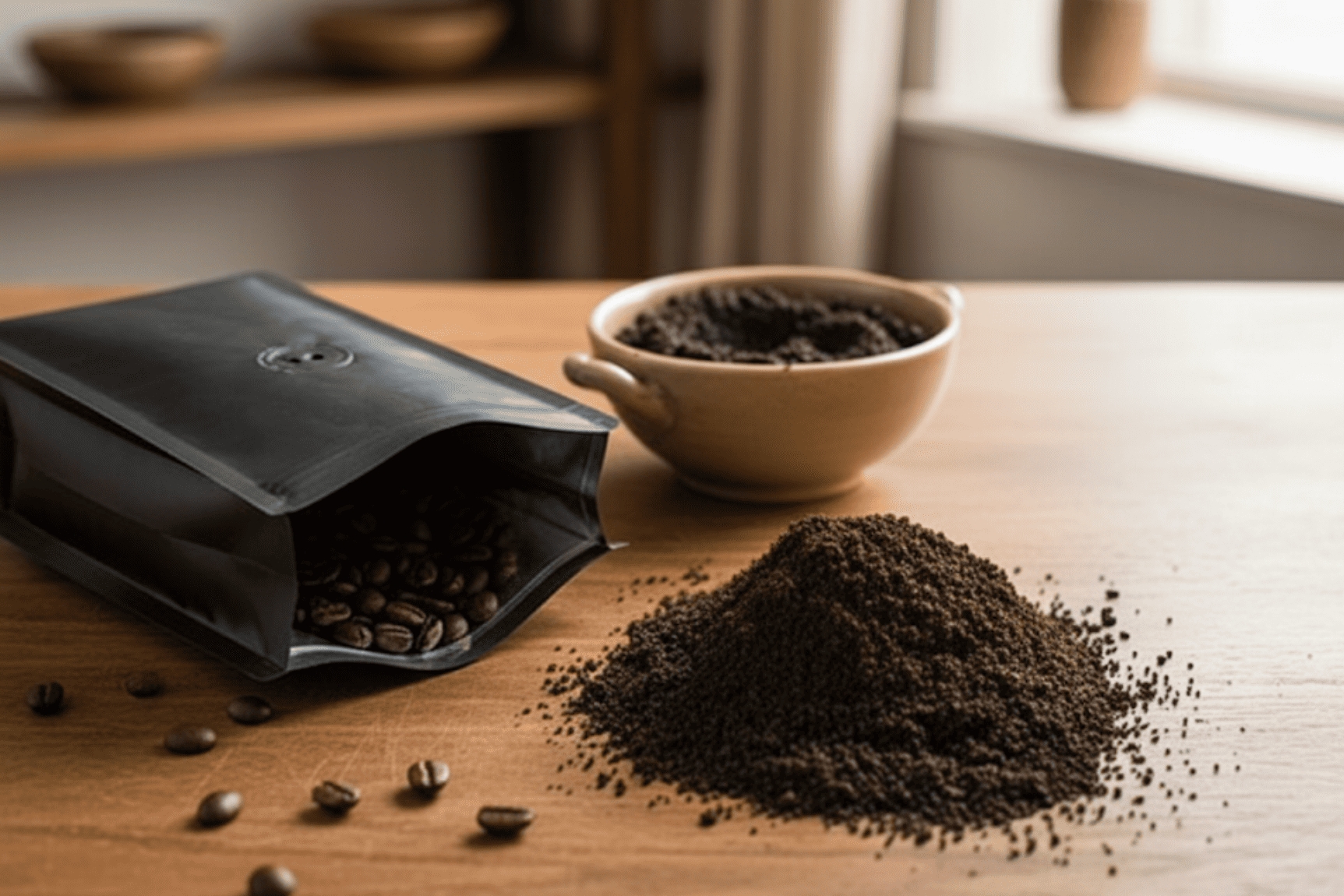
WHAT ARE COFFEE GROUNDS? 5 SIMPLE TIPS TO USE COFFEE GROUNDS AT HOME

Pure Roasted Coffee – 5 Secrets to Identify Real Coffee vs. Adulterated Coffee

The Benefits of Black Coffee – A Healthy Beverage
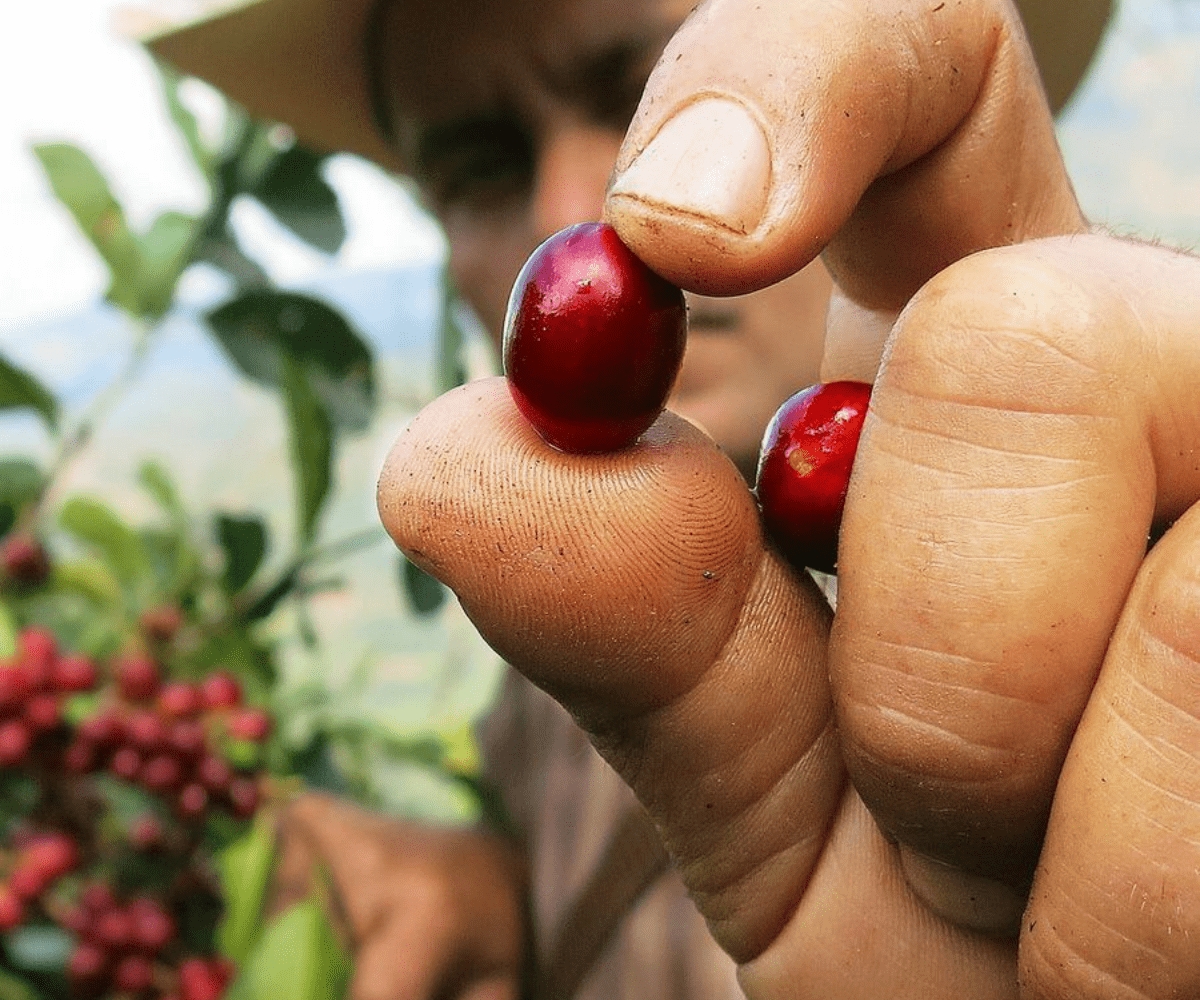
Coffee Prices Today, September 23: Robusta Surpasses 4,280 USD/Ton, Market Heats Up
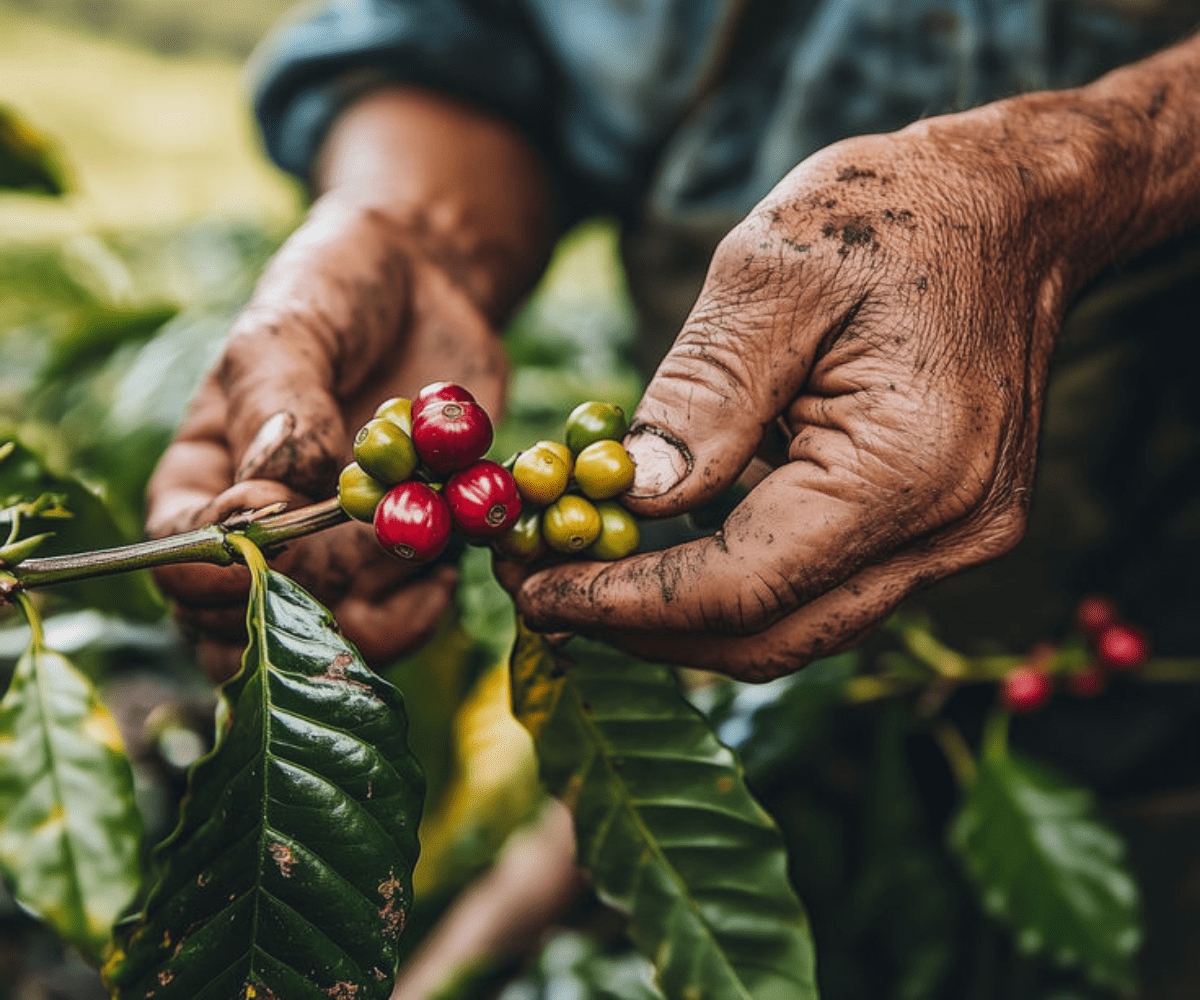
Rising Coffee Prices – How Does It Affect the Morning Cup of Coffee for Vietnamese People?

Drip Bag Coffee: The Future of Personalization in Every Small Pack

Goce Drip Bag Coffee – When Every Little Pouch Wraps Your Lifestyle

4 Key Factors Influencing Coffee Production Costs

WHY ARE YOUNG PEOPLE RETURNING TO TRADITIONAL VIETNAMESE PHIN COFFEE?

Discover Vietnam’s Coffee Harvest Season: The Golden Time for Bean Quality

How Many Types of Coffee Are There in Vietnam? Where Are They Grown Mostly?

What Benefits Does Drinking Pure Coffee Provide To The Body?

Drip Bag Coffee – The Perfect Choice for Busy People with Refined Taste

From Seed to Cup The Journey of a Delicious Coffee

The 5 countries that produce the most coffee in 2023-2024 season

How To Roast Your Own Coffee

Does Arabica or Robusta Coffee Have More Caffeine?

What is Latte? Learn About The Type Of Coffee That Is Loved Around The World

What is Latte? Learn About The Type Of Coffee That Is Loved Around The World

What is Latte? Learn About The Type Of Coffee That Is Loved Around The World

What is Latte? Learn About The Type Of Coffee That Is Loved Around The World

What is Latte? Learn About The Type Of Coffee That Is Loved Around The World




